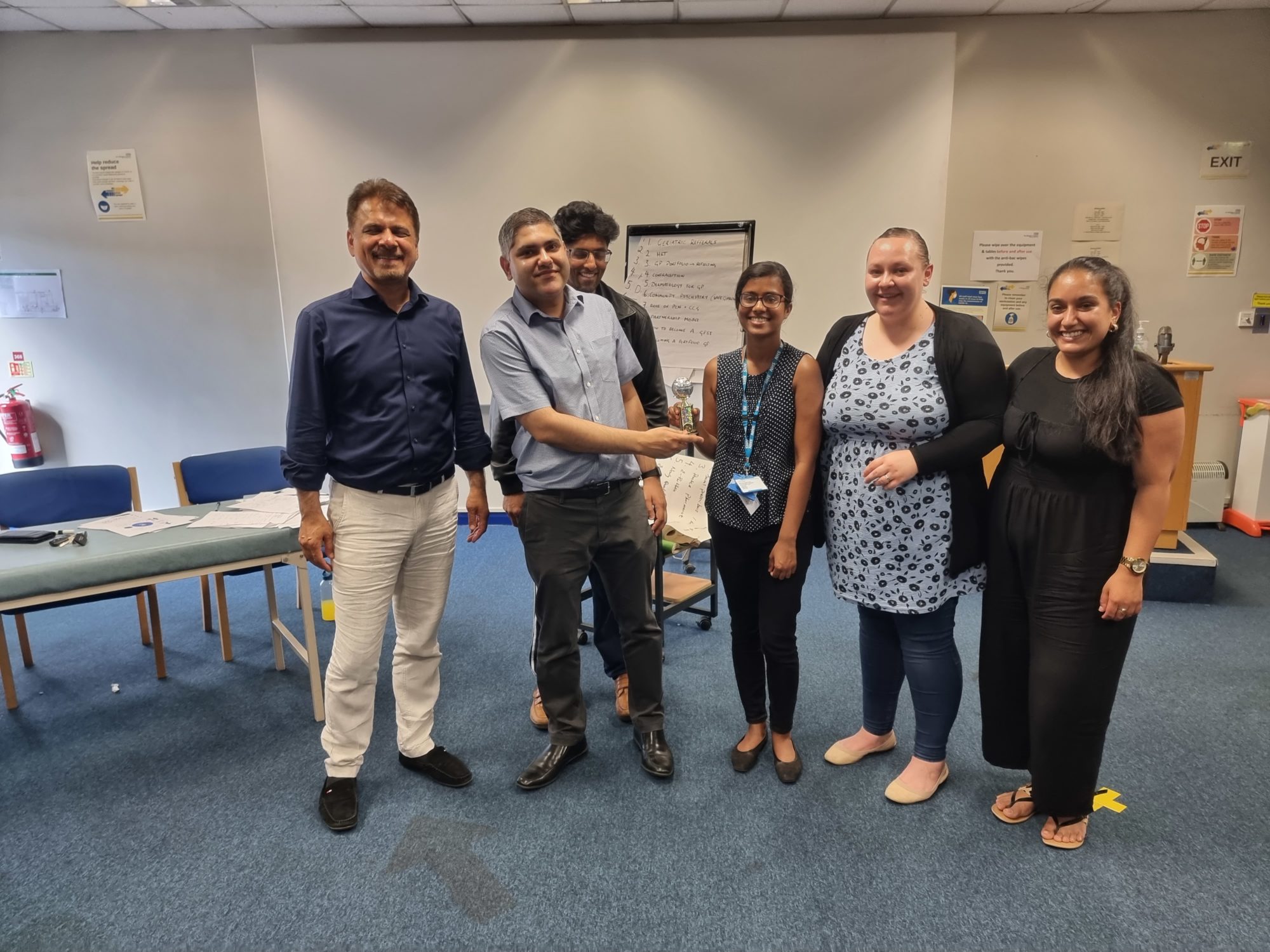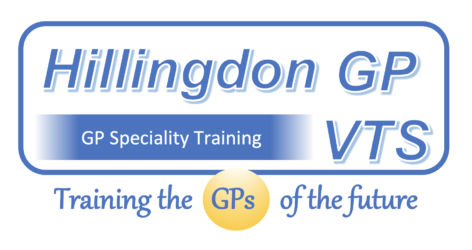The MRCGP (Membership of the Royal College of General Practitioners) is the licensing exam for General Practice that allows you to work as a GP in the United Kingdom.
The curriculum structure is based on 5 broad areas of core capability which include within them 13 specific capabilities. Capability means having the knowledge, skills, and abilities for practising as a GP. The actual content that you apply these capabilities to are listed as topic guides. These are divided into professional, life stage, and clinical areas.
13 specific capabilities:
- Fitness to practise
- Maintaining an ethical approach
- Communication and consultation
- Data gathering and interpretation
- Clinical examination and procedural skills:
- Making decisions
- Clinical management
- Managing medical complexity
- Working with colleagues and in teams
- Maintaining performance, learning and teaching
- Organisation, management and leadership
- Practising holistically and promoting health
- Community orientation
Professional Topic Guides:
- Consulting in General Practice
- Equality, Diversity and Inclusion
- Evidence Based Practice, Research and Sharing Knowledge
- Improving Quality, Safety and Prescribing
- Leadership and Management
- Urgent and Unscheduled Care
Life stages Topic Guides:
- Children and Young People
- People with Long-Term Conditions including Cancer
- Maternity and Reproductive Health
- Older Adults
- End of Life
Clinical Topic Guides:
- Allergy and Immunology
- Cardiovascular Health
- Dermatology
- Gynaecology and Breast
- Haematology
- Infectious Disease and Travel Health
- Kidney and Urology
- Mental Health
- Sexual Health
- Smoking, Alcohol and Substance Misuse
We intend to cover most topics on the half-day release teaching every 3 years, but this should also be supplemented by other courses, supervisor tutorials, and self-directed learning.
Further information on the curriculum:
https://www.rcgp.org.uk/training-exams/training/gp-curriculum-overview.aspx
You will need to show evidence of covering the curriculum through:
- The Trainee Portfolio (including Workplace based assessment, Learning logs, and Supervisor Reports)
- Summative assessments (including AKT, CSA/RCA)
Once you’ve accepted your training offer, you will need to register with the RCGP as an Associate in Training (AiT). Please note membership fees are applicable at time of registration and each year (1st April). You will receive an email with the subject “Welcome to your new Trainee Portfolio” inviting you to log in to the Trainee Portfolio at Fourteen Fish. Start using the portfolio as soon as you start your GP training programme.
The Trainee Portfolio is where the evidence is recorded of your learning in all its forms and settings. It includes:
- Workplace based assessment (WPBA)
- Learning logs
- Clinical Supervisors Report (CSR) and Educational Supervisors Review (ESR)
Further information on current WPBA requirements:
https://www.rcgp.org.uk/training-exams/training/workplace-based-assessment-wpba.aspx
You will need evidence within the portfolio that you have completed every year Safeguarding Children and Safeguarding Adults training and CPR AED training.
You should link the entries in the portfolio to the 13 GP Capabilities for the ESR and ACRP panel to see how you have covered the curriculum.
Further information on the Trainee Portfolio:
https://support.fourteenfish.com/hc/en-gb/categories/360000630758-RCGP-Trainee-Portfolio
Urgent and Unscheduled Care :
Demonstration of capability is more important than time spent. Evidence of capability should be gathered throughout the entire training programme. They can be in different urgent and unscheduled care environments, including acute medical/psychiatric/surgical on call duties, duty doctor in hours in GP surgeries, extended access hubs, urgent care centres and traditional out of hours settings. Evidence should come from reflective case logs, WPBA, and UUC/OOH session feedback should be uploaded to your portfolio in the supporting documentation section of a learning log. It is recommended that to demonstrate this you will need to undertake at least 4 hours per month, whilst in GP placements, within a traditional out of hours setting.
Further information: https://www.rcgp.org.uk/gp-training-and-exams/training/workplace-based-assessment-wpba/urgent-and-unscheduled-care

